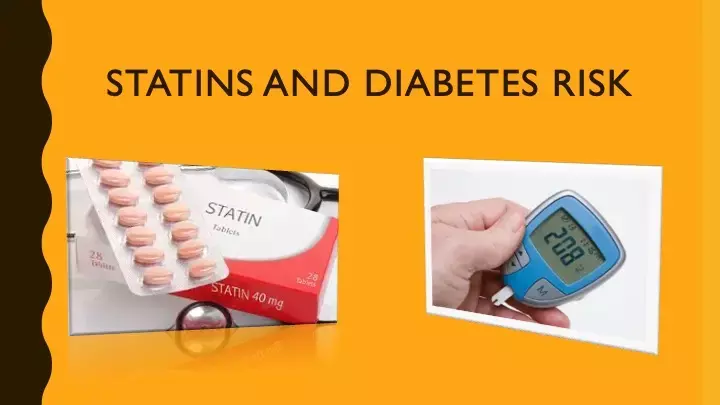- Home
- Medical news & Guidelines
- Anesthesiology
- Cardiology and CTVS
- Critical Care
- Dentistry
- Dermatology
- Diabetes and Endocrinology
- ENT
- Gastroenterology
- Medicine
- Nephrology
- Neurology
- Obstretics-Gynaecology
- Oncology
- Ophthalmology
- Orthopaedics
- Pediatrics-Neonatology
- Psychiatry
- Pulmonology
- Radiology
- Surgery
- Urology
- Laboratory Medicine
- Diet
- Nursing
- Paramedical
- Physiotherapy
- Health news
- Fact Check
- Bone Health Fact Check
- Brain Health Fact Check
- Cancer Related Fact Check
- Child Care Fact Check
- Dental and oral health fact check
- Diabetes and metabolic health fact check
- Diet and Nutrition Fact Check
- Eye and ENT Care Fact Check
- Fitness fact check
- Gut health fact check
- Heart health fact check
- Kidney health fact check
- Medical education fact check
- Men's health fact check
- Respiratory fact check
- Skin and hair care fact check
- Vaccine and Immunization fact check
- Women's health fact check
- AYUSH
- State News
- Andaman and Nicobar Islands
- Andhra Pradesh
- Arunachal Pradesh
- Assam
- Bihar
- Chandigarh
- Chattisgarh
- Dadra and Nagar Haveli
- Daman and Diu
- Delhi
- Goa
- Gujarat
- Haryana
- Himachal Pradesh
- Jammu & Kashmir
- Jharkhand
- Karnataka
- Kerala
- Ladakh
- Lakshadweep
- Madhya Pradesh
- Maharashtra
- Manipur
- Meghalaya
- Mizoram
- Nagaland
- Odisha
- Puducherry
- Punjab
- Rajasthan
- Sikkim
- Tamil Nadu
- Telangana
- Tripura
- Uttar Pradesh
- Uttrakhand
- West Bengal
- Medical Education
- Industry
Rosuvastatin similar in efficacy to atorvastatin but poses higher risk of diabetes and cataract surgery, LODESTAR secondary analysis.

Prior marketing of statins before they became generic likely led to a common belief among physicians that rosuvastatin is "better" than atorvastatin in coronary artery disease patients (CAD). However the recent results from randomized LODESTAR trial showed that rosuvastatin was not superior to atorvastatin at preventing adverse cardiac events within 3 years. A recently published secondary analysis of the same trial has shed light on some further interesting findings. It has now been shown that although rosuvastatin administration led to lower LDL cholesterol levels, it also was linked to greater risks of new onset diabetes and cataract surgery.
To compare the long term efficacy and safety of rosuvastatin with atorvastatin treatment in adults with CAD, participants were assigned to receive either rosuvastatin (n=2204) or atorvastatin (n=2196) using 2×2 factorial randomisation.
The primary outcome was a three year composite of all cause death, myocardial infarction, stroke, or any coronary revascularisation. Secondary outcomes were safety endpoints like new onset diabetes mellitus, cataract surgery, etc.
The important trial findings were:
1. At 3 years, mean daily dose was lower in the rosuvastatin group compared with those on atorvastatin. Also, fewer patients in the rosuvastatin group were also taking ezetimibe.
2. The primary combined outcome 3 years was no different between agents, occurring in 8.7% of the rosuvastatin cohort and 8.2% in the atorvastatin arm.
3. Mean LDL cholesterol was lower for rosuvastatin-treated patients compared with those on atorvastatin,
4. But more of the former patients reported both new-onset diabetes requiring antidiabetic drugs (7.2% vs 5.3%) and cataract surgery (2.5% vs 1.5%).
5. There were no differences between the study groups for all other safety endpoints.
6. A higher incidence of new-onset diabetes in those treated with rosuvastatin compared with atorvastatin (9.5% vs 7.7%)
“This secondary analysis of the trial which focused on statin type will be helpful not only for physicians to optimize their practice in dyslipidemia management but also for the general population in providing insight regarding regular check-ups for blood glucose, HbA1c, and cataracts [that] should be considered when they are taking high-potency statins,” noted author Myeong-Ki Hong.
Based on these results, a clinician may now chose the most appropriate statin according to clinical scenario. For example, if the patient surely requires more intensive lowering of LDL-cholesterol levels, the rosuvastatin may be preferred. On the other hand, if the patient’s LDL levels are well-managed, but they have impaired fasting glycemia, then atorvastatin may be preferred.”
Source: BMJ: doi: https://doi.org/10.1136/bmj-2023-075837
MBBS, MD , DM Cardiology
Dr Abhimanyu Uppal completed his M. B. B. S and M. D. in internal medicine from the SMS Medical College in Jaipur. He got selected for D. M. Cardiology course in the prestigious G. B. Pant Institute, New Delhi in 2017. After completing his D. M. Degree he continues to work as Post DM senior resident in G. B. pant hospital. He is actively involved in various research activities of the department and has assisted and performed a multitude of cardiac procedures under the guidance of esteemed faculty of this Institute. He can be contacted at editorial@medicaldialogues.in.
Dr Kamal Kant Kohli-MBBS, DTCD- a chest specialist with more than 30 years of practice and a flair for writing clinical articles, Dr Kamal Kant Kohli joined Medical Dialogues as a Chief Editor of Medical News. Besides writing articles, as an editor, he proofreads and verifies all the medical content published on Medical Dialogues including those coming from journals, studies,medical conferences,guidelines etc. Email: drkohli@medicaldialogues.in. Contact no. 011-43720751


